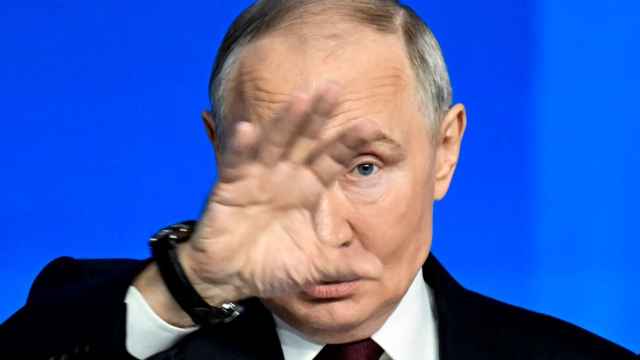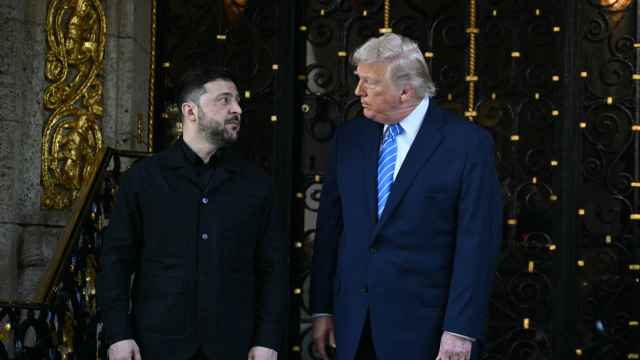The Russian magazine Flirt v Bolshom Gorode (Flirting in the Big City) has been shut down following a decision by a Moscow region court.
The magazine, which is freely distributed in subways and a popular sight on car windshields, is known for its sparse articles and plentiful pages of young women in sexual poses inviting readers to call them.
The Volokamsk city court ruled Wednesday that the magazine was improperly registered and must close.
In June ,the League of Internet Safety filed a complaint with the Federal Mass Media Inspection Service on the grounds that the magazine had been improperly registered. The organization also alleged that Flirt was organizing prostitution.
Flirt had originally been registered as a magazine providing informational and advertising content, entitling it to be freely distributed. The inspection service argued that the magazine had erotic content, which places it in a different category.
It is not the first time there have been attempts to shut down the magazine. In 2012 court decisions closed "Flirting and Dating" and "Auto Flirt," but the publisher registered new magazines under different names. It has a circulation of 150,000.
Stanislava Kazakova, the magazine's lawyer, told the magazine Bolshoi Gorod that she was sure the decision would be overturned and the publication doesn't plan to change its name.
She added that Flirt doesn't know if the women placing ads are prostitutes, but she would rather see them in a magazine than on the street.
A Message from The Moscow Times:
Dear readers,
We are facing unprecedented challenges. Russia's Prosecutor General's Office has designated The Moscow Times as an "undesirable" organization, criminalizing our work and putting our staff at risk of prosecution. This follows our earlier unjust labeling as a "foreign agent."
These actions are direct attempts to silence independent journalism in Russia. The authorities claim our work "discredits the decisions of the Russian leadership." We see things differently: we strive to provide accurate, unbiased reporting on Russia.
We, the journalists of The Moscow Times, refuse to be silenced. But to continue our work, we need your help.
Your support, no matter how small, makes a world of difference. If you can, please support us monthly starting from just $2. It's quick to set up, and every contribution makes a significant impact.
By supporting The Moscow Times, you're defending open, independent journalism in the face of repression. Thank you for standing with us.
Remind me later.





